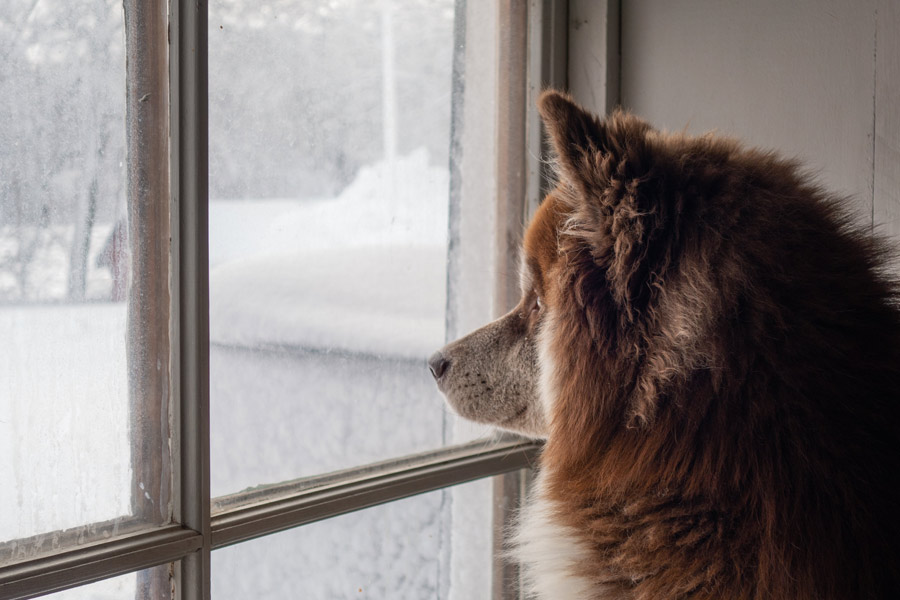Animal adoption centres and shelters Australia-wide are bracing themselves for a significant increase in intake as a result of COVID-19.
Pet adoption might be the last thing on your mind right now. However, anything you can do to highlight the growing number of animals that need a home could help save a life.
Certainly, the RSPCA has expressed concern over the impact of the current COVID-19 crisis and how this may affect pet welfare. With many people across the country out of work and struggling to afford basic necessities, pets may end up suffering.
The message coming from the RSPCA is that it’s important not to lose sight of the animals that need care.
“The likelihood of a drop in adoptions, donations and volunteer support, as well as an increase in surrenders is a very real concern for us at the moment,” says Dr Sarah Zito, senior scientific officer at the RSPCA.
Promoting pet adoption
As pet professionals, you can remind and reassure people that current evidence suggests there is no risk of contracting COVID-19 from contact with pets.
However, it is always advisable to practice stringent hygiene measures. For example, washing hands with soap and water before and after touching a pet.
In a bid to help support pet adoption, the RSPCA SA has reduced its fees. Adoption fees for dogs and cats at the RSPCA SA’s Lonsdale shelter, RSPCA PetVille and participating Pet Barn stores have been reduced indefinitely.
Adult cats now have a reduced adoption fee of $29, while dogs have a reduced pet adoption fee of $99. What’s more, for the first time in the history of the RSPCA, people can go online to organise a potential pet adoption.
While the RSPCA has made changes to its operations, including reducing hours at many locations, they continue to do everything they can to maintain pet adoption rates while also keeping people safe.
As part of their updated procedures, they state:
- People should only attend a shelter if they intend to adopt.
- Only two people to a time should attend pet adoption appointments.
- All visitors must sanitise their hands upon arrival.
- Anyone with cold or flu symptoms or who is visibly unwell will be denied entry.
Preventing pet abandonment
Of course, while pet professionals can play a vital role in educating people on pet adoption, you can also play a role in discouraging pet abandonment.
The RSPCA SA reveals it has received several calls from the general public who are worried they will be required to surrender or even euthanise their pets to stop the spread of COVID-19.
As mentioned previously, those in the pet industry can reassure pet owners that there is no evidence to indicate that animals are involved in the spread of COVID-19 in Australia.
An influx of animals to rescue and adoption shelters is the last thing needed under present circumstances.
Without a doubt, many people will be facing financial pressures due to loss of income. However, you can advise owners on the many ways they can reduce the cost of their pet to help avoid surrendering them. Here are a few ideas.
Change to a cheaper pet food. As long as a pet is in good health, changing to a less expensive pet food could help take away some of the owner’s financial stress.
Make your own pet food. Providing pet owners do their research or talk to their vet, it may be more cost effective to make their own pet food.
Negotiate with your vet. In such uncertain times, a vet may be willing to delay payment or work out a viable financial agreement.
Find a temporary pet parent. If an owner’s circumstances means they simply cannot look after their pet any longer, suggest they find a temporary owner. They can reach out to the local community, friends and family. It’s likely that someone will be able to step in and help them out until they can get back on their feet.
While human health is paramount, so too is the welfare of animals. It’s important not to lose sight and to all do our best to look after the animals in our community.
Please be reminded that the RSPCA is a charity that’s primarily funded by community donations. Even in these tough and uncertain times, funding remains crucial to their animal welfare work.
Image source: Unsplash
Latest posts by Liz Walden (see all)
- Pet health: Medicinal cannabis for pets - December 27, 2021
- What pet business insurance do I need? - November 17, 2021
- Pet sitters: how to take time off - November 15, 2021











We treat our animals like human..we love them all..dog..birds..fishes..chickens